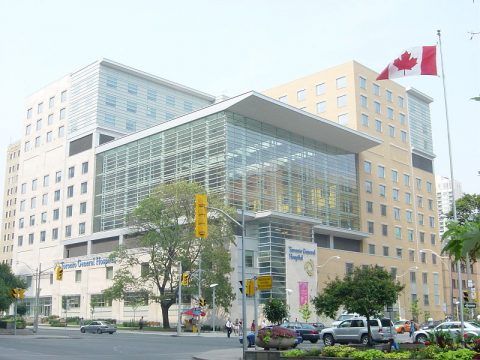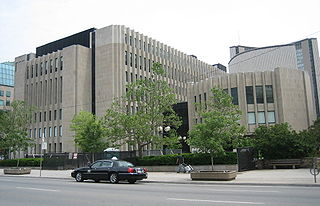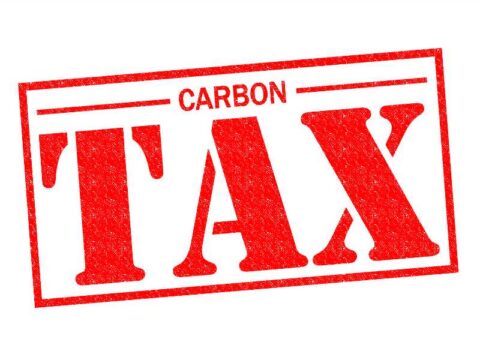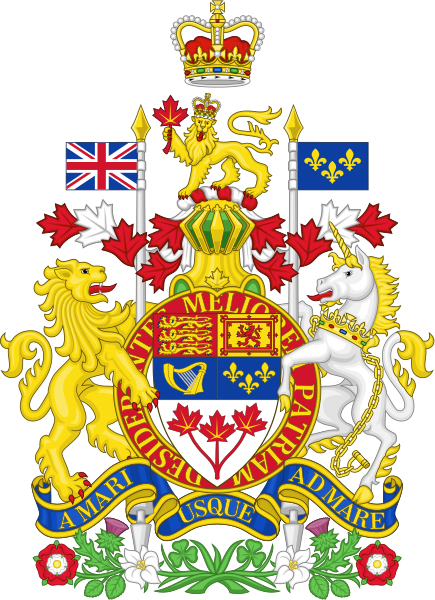Tristin Hopper outlines some of the attitudinal changes among Canadian voters during Trudeau’s term in office, with opinions shifting away from things we used to consider settled once and for all. Canada’s Overton Window is moving (relatively) quickly:

Front view of Toronto General Hospital in 2005. The new wing, as shown in the photograph, was completed in 2002.
Photo via Wikimedia Commons.
It’s been among the most volatile and untouchable third rails in Canadian politics: The adoption, at any level, of a private health-care system.
In the last federal election, a Conservative statement about “public-private synergies” was all it took for Deputy Prime Minister Chrystia Freeland to brand it as a right-wing assault on the “public, universal health-care system”.
But a new Ipsos report shows that “two tier health care” is not the threat it once was.
Among respondents, 52 per cent wanted “increased access to health care provided by independent health entrepreneurs”, against just 29 per cent who didn’t.
Perhaps most shocking of all, almost everyone agreed that private health care would be more efficient. Seven in 10 respondents agreed that “private entrepreneurs can deliver health care services faster than hospitals managed by the government” – against a mere 15 per cent who disagreed.
“People understand that the endless waiting lists that characterize our government-run health systems will not be solved by yet another bureaucratic reform”, was the conclusion of the Montreal Economic Institute, which commissioned the poll.
As Canada reels from simultaneous crises of crime, affordability, productivity, health-care access and others, it’s prompting a political realignment unlike anything seen in a generation. But it’s not just a trend that can be seen in the millions of disaffected voters stampeding to a new party. As Canadians shift rightwards, they are freely discarding sacred cows that have held for decades.
If Canadians are suddenly open to health-care reform, it helps that they’ve never been more dissatisfied with the status quo. The past calendar year even brought the once-unthinkable sight of the U.S. being officially called in to bail out failures in the Canadian system.














